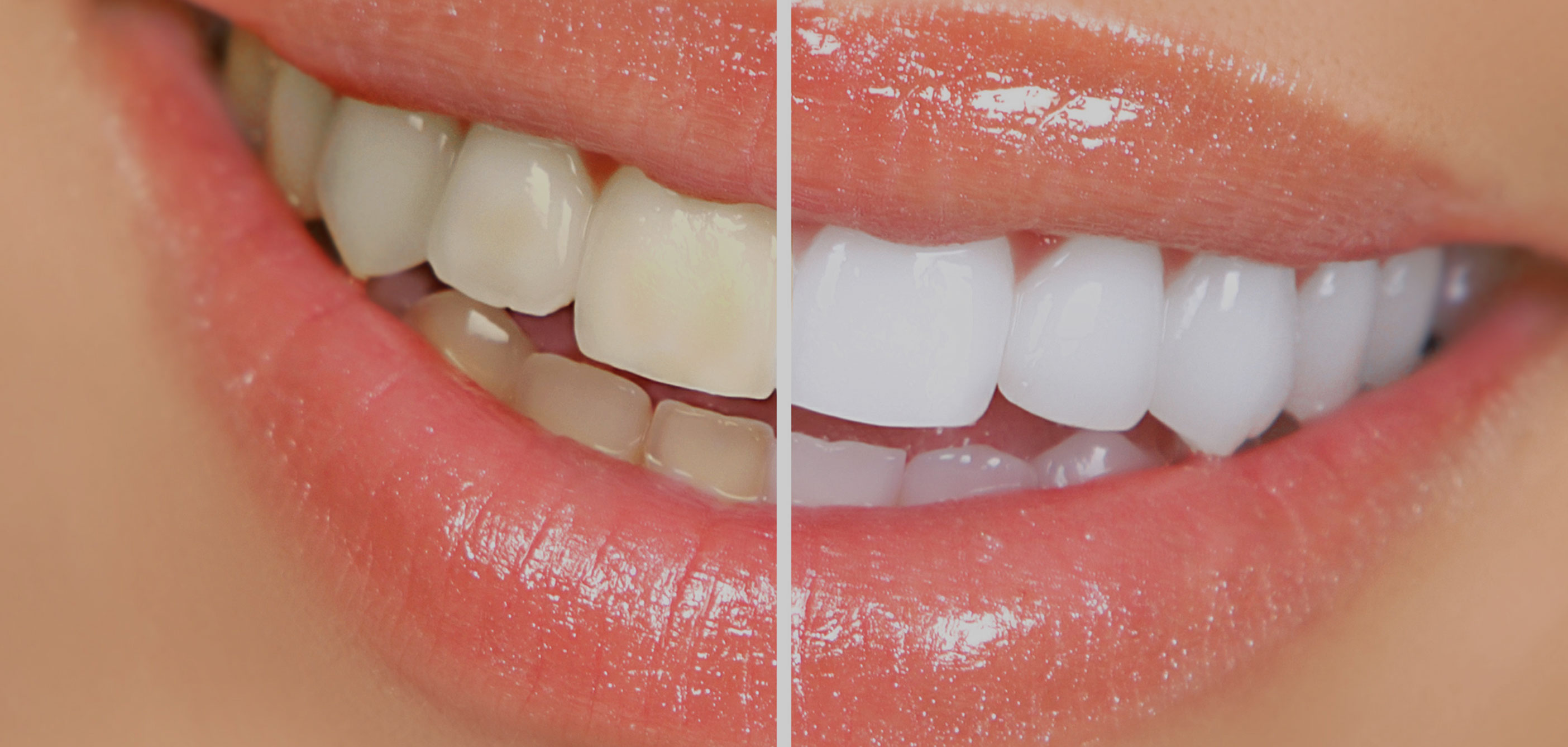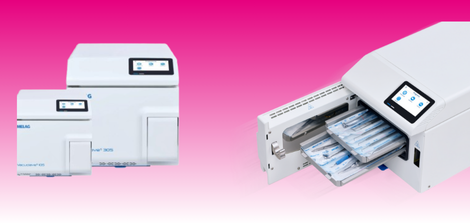Teeth whitening – a guide to your options
Teeth whitening is a big business in the UK which is growing year on year. Especially with the recent “Zoom Boom” as a result of the pandemic, there is an increasing focus on getting that brighter, whiter smile as well as other cosmetic treatments to enhance an individual’s facial features. However, with so much choice on the market, how do you know which is the best and safest tooth whitening method for you? We have all seen the worrying reports over recent months where individuals have suffered from tooth and/or gum damage as a result of using ineffective and unsafe tooth whitening products. Therefore, DD have put together a guide to assist you in making an informed choice when it comes to whitening.
What causes discolouration of teeth?
It is useful to identify the common causes of tooth discolouration before attempting to decide which is the best tooth whitening method for you. Common causes include:
- Ageing – your teeth naturally get darker or yellower as your get older due to the outer enamel layer getting thinner and the inner dentine (yellow) layer getting thicker.
- Food and drink stains – tea, coffee, red wine, brightly coloured sauces, turmeric and berries are all examples which contribute to staining.
- Smoking – nicotine and tar in tobacco can cause tooth staining very quickly.
- Tooth decay – this can change the colour of your teeth and cause cavities too.
- Plaque and tartar – this can build up on your teeth daily and therefore it is important to brush and floss regularly to avoid the build up.
- Braces – plaque and tartar can build up around brackets and wires which can cause discolouration if oral hygiene is poor during braces wear.
Teeth whitening options
Several “natural” tooth whitening methods appear to be floating around on social media channels including using charcoal toothpastes, coconut oil pulling, apple cider vinegar and even using mashed strawberries! The evidence supporting these methods is weak and it is worth noting that some of the above-mentioned whitening methods could potentially damage your teeth irreversibly such as apple cider vinegar which contains a high content of acid and can erode your teeth making them thinner and more sensitive.
Therefore, it is advisable to get a professional opinion from a qualified and registered dental professional before embarking on tooth whitening. They are best placed to assess your individual needs and talk you through the most optimal options for whitening to suit you. They will also remind you that whitening will only work on natural teeth – so any dentures, fillings, veneers, crowns or implants will not change colour using the methods described below. The only way to change the colour of these is to have them replaced and matched up to your brightened natural teeth following a tooth whitening process.
|
Whitening treatment |
Advantages |
Disadvantages |
|
In-surgery bleaching carried out by a dental professional |
|
|
|
Take home bleaching kits prescribed by a dental professional |
|
|
|
At home bleaching kits, not prescribed by a dental professional |
|
|
|
Whitening strips |
|
|
|
Whitening pens |
|
|
|
Whitening toothpastes |
|
|
Which produces the best tooth whitening results?
This will vary from person to person, however in most cases to get noticeable and lasting results, some form of bleach (hydrogen peroxide or carbamide peroxide) needs to be used when whitening teeth.
Will I suffer from sensitivity?
Some people experience unbearable sensitivity during and sometimes after whitening, but this usually affects people who have suffered from sensitive teeth prior to teeth whitening. This is why it is best to consult a professional prior to embarking on any of the above whitening options. They can advise you on suitable options for pain relief such as potassium nitrate or fluoride-based desensitising toothpastes.
Is tooth whitening safe?
The safest way to whiten teeth is through an approved dental professional who is trained to carry out various whitening procedures and can also identify cases where whitening is not recommended. The law is very clear on who can and what can be used to whiten teeth:
- It is illegal for tooth whitening products which contain more than 6% hydrogen peroxide or for any associated products which release greater than 6% hydrogen peroxide to be supplied or administered for cosmetic purposes.
- Tooth whitening products containing or releasing between 0.1%-6% hydrogen peroxide should not be made directly available to the consumer, other than through treatment by a registered dentist (or dental hygienist or dental therapist or clinical dental technicians working to a dentist’s prescription). Breach of these regulations is a criminal offence.
- Products containing or releasing between 0.1% and 6% hydrogen peroxide cannot be used on any person under 18 years of age except where such use is intended wholly for the purpose of treating or preventing disease.
- Products containing or releasing less than 0.1% of hydrogen peroxide, including mouth rinse, toothpaste and tooth whitening or bleaching products are safe and will continue to be freely available on the market.
Conclusion
Whichever teeth whitening option you choose, make sure you do your research first and analyse impartial user reviews, scientific evidence about the whitening product(s) and seek advice from a dental professional prior to commencement of teeth whitening. Also remember that different people will have different experiences and results. Additionally, the length of time the whitening results will last for will vary depending on a person’s lifestyle and habits.



